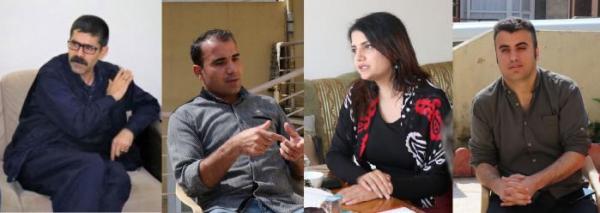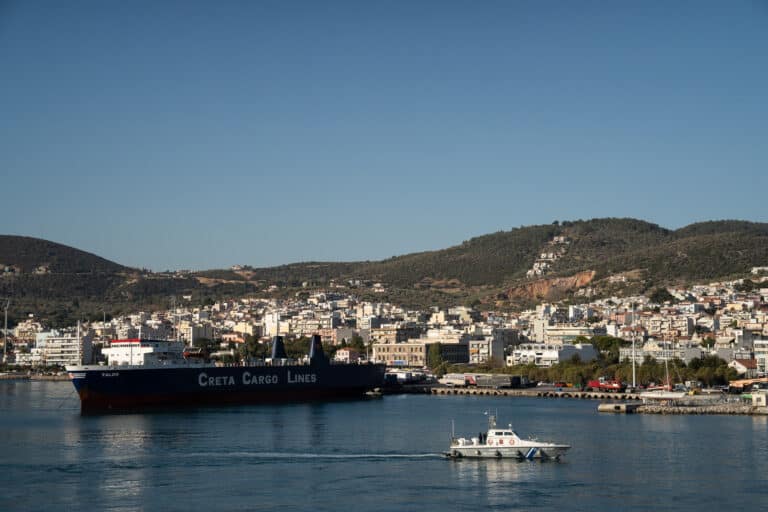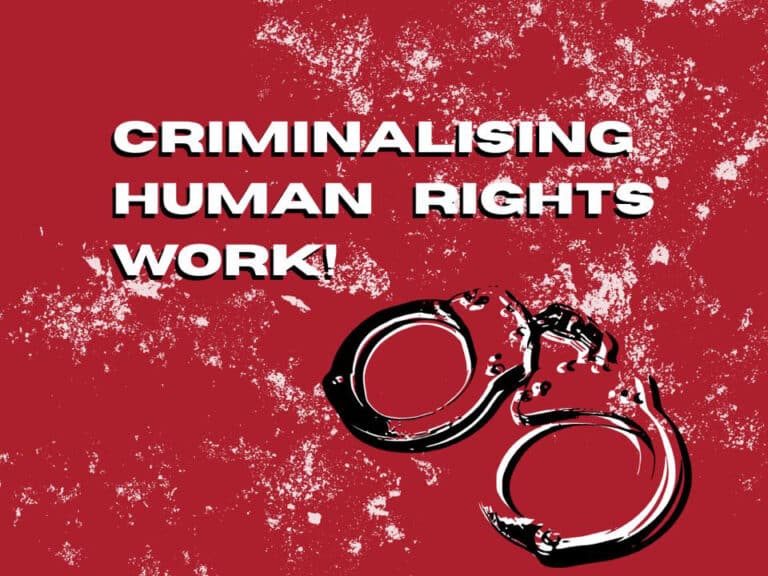
Left to right: Takur Zardashti, Guhdar Zebari, Niyaz Abudulla, Sherwan Sherwani
by Rebekah Dowling
When I was a child I dreamed of being a journalist. Of sharing stories with the world and uncovering the truth. It seemed so glamorous and important, changing the world with the mighty pen. I didn’t understand then what the glamour of bringing information to the public could really look like. I didn’t understand that many journalists are murdered, tortured, imprisoned, threatened and bullied because of their work.
George Orwell is credited with having said, “In an age of universal deceit, telling the truth becomes an act of revolution.” Journalists throughout the world feel the full brunt of this statement, where telling the truth is seen as a crime. According to UNESCO, a journalist is killed every five days.
We can take the ability to access information from all over the world for granted. But, behind many of these stories is a person who is risking their life and freedom to keep us informed. A person who has made a commitment to building a fair, just and honest world.
Particularly important in this struggle for truth are independent journalists, because the media isn’t always impartial or free. Journalist Sherwan Sherwani, called the media in Iraqi Kurdistan, “a weapon used by political parties and corporations to gain power and money.” Like many other countries in the world, it is a media that does not favour those who speak out. As one friend pointed out, “Here [in Iraqi Kurdistan] to be an independent journalist means to be an activist.” Telling the truth becomes an act of revolution.
On the 5th of May CPT joined many such journalists and activists at the grave of Sardasht Osman. In 2010, Sardasht was murdered after writing about corruption in the government. Those who knew him claim he didn’t break any laws or make any threats; he simply tried to tell people the truth. His family told how people have attempted to brush his story under the carpet with a smokescreen of lies; but every year he is remembered, and other journalists carry on the struggle to share the truth.
“We are not politicians; we are journalists and activists. We work within the framework of the law and from our values and beliefs. They would like us to compromise and show we have surrendered. They offer us jobs and money, but because of our values we do not accept, we cannot compromise,” Guhdar Zebari said. “There is no guarantee for our safety, we wait to be arrested, for violent attacks, or to be killed.”
“They offer us jobs and money, but because of our values we do not accept, we cannot compromise.”
Guhdar Zebari was arrested alongside eighteen other journalists and activists in the Bahdinan region in January 2019, when they tried to attend a peaceful protest.
“Our detainment was a political decision, not a legal one”
Sherwan Sherwani spoke of these arrests saying, “They made up a crime using article 156 of the Iraqi penal code. Our detainment was a political decision, not a legal one… They exploit all the laws, including the ones from the Saddam era, and use them against their own citizens… We journalists are the first victims of these laws.”
Laws that are meant to protect citizens are instead used to threaten them. Independent journalists have told CPT how fake charges are made against them, and evidence is compiled to ruin their lives and the possibility of making a living. “They told us that they had many of our documents that they could release, that they could arrest us again at any moment,” Sherwan Sherwani stated, “They try to silence us and limit any further activities in this way.”
It is not only legal charges independent journalists face. Niyaz Abdulla, a female journalist, explained how she has received many threats, including spreading rumours about her of a sexual nature. Here these threats may not only discredit her and ruin her job opportunities, but also pose a real danger to her life.
“If my family were not here, if it was only me, then I would not worry. ”
These threats also extend beyond those the journalists themselves face, but extend to the journalists’ family members and even employers. As Takur Zardashti told CPT, “If my family were not here, if it was only me, then I would not worry. I have accepted I may die for my work.” And Guhdar Zebari explained how two days after his arrest, his business partner and friend was detained and beaten and told that he must stop working with Guhdar. Sherwan Sherwani has already been forced to move his family once and Takur has recently fled with his family from Duhok.
“They forced me to tell them my sources”
CPT has also learned that in some cases when they are imprisoned, journalistic rights, such as source confidentiality, are also summarily ignored. Guhdar and Sherwan both spoke about how their phones were taken from them and the authorities coerced them into to revealing their passwords. “They forced me to tell them my sources on some of my cases… Now one of my friends has been arrested for the information he passed on to me,” Sherwan said.
Article 19 of the Universal Declaration on Human Rights states that we all have the right to freedom of expression, the right to write and share information. In many countries this has been used to protect journalists. In the countries where these rights are denied we all rely on those brave individuals who are willing to make great sacrifices to work for truth.
When I meet journalists like Niyaz Abdulla and Sherwan Sherwani, and writers like Takur Zardashti and Guhdar Zebari, who fight so hard for peace and freedom here, I have to believe things will get better. I am blown away by their passion for a better world, by their intelligence and dedication. They receive death threats, are arrested, have lies told about them, lose their jobs, and still they write exposés on hidden prisons, corrupt politicians, illegal border trades, stolen land and women’s rights.



